Public libraries have long wrestled with how to address homeless people who walk through the door. What’s changed in recent years is that some libraries have started to pro-actively welcome the homeless and set up programs to try to help them.
Nashville, with a growing homeless population, is on the cutting edge of this approach and has drawn national attention for its efforts at the downtown library on Church Street. But critics say that while well-intentioned, reaching out to the homeless can distract from a library’s main mission and make it a less welcoming place for the general public.

“The Downtown Library is a Scary Mess” was the title of an article in the Nashville Scene in August 2016. Writer Betsy Phillips described encountering bad smells, out-of-order toilets, dirty laundry on restroom sinks, and men darting in and out of doorways by a reading room making her feel unsafe.
“There’s not a good way to talk about this without sounding like you’re being mean to homeless people,” Phillips wrote. But talk about it we must, she said. “This is a library. A library. If there is any place in town where you should not be afraid to walk into a room, this is it.”
Built in 2001, the three-story downtown library boasts a modern classical style with bronze doors at the entrance, grand staircase in the lobby, marble floors, skylights, artwork and large windows offering a view of the Capitol. The impressive building has drawn rave reviews from local residents and visitors. But today the homeless have become a fixed feature as well, carting in piles of their belongings and wandering the expansive lobby and taking up most of the computers on the third floor.
The third-floor computer area was recently renovated with the goal of helping the homeless. The rows of dozens of computers are meant to provide them an opportunity to complete applications and look for jobs. However, The Tennessee Star has observed on repeated visits that time spent on job searching is minimal compared to the amount of time that groups of mostly men spend watching videos, playing video games and online gambling games, and browsing photos of provocatively-dressed women. On one visit, The Star witnessed a man yelling at security after he was asked to turn his music down. He eventually was led away by security.
The Star contacted the library to talk about these observations, as well as having spotted a homeless man standing by a women’s restroom off the first-floor lobby, looking as if he were about to go in.
Library spokeswoman Emily Waltenbaugh told The Star that the library is “open and welcome to everyone.”
“Patrons are patrons, and NPL does not attempt to draw distinctions among them based on age, gender, ability or socioeconomic status,” she said. “Accessibility and openness help make our library a strong, vibrant community institution. It also means all patrons and staff must share our library space with respect and consideration.”
Waltenbaugh said security and custodial staff help keep the library as safe and clean as possible every day and that efforts are made to enforce the code of conduct. “We encourage patrons to let us know if they witness the code being violated,” she said.
Waltenbaugh’s comments echo ideas promoted by the American Library Association, which has been encouraging libraries across the country to do more to welcome the homeless. In 2012, the ALA released a report called “Extending Our Reach: Reducing Homelessness Through Library Engagement.” The report cautioned against having policies requiring a permanent address or driver’s license for a library card or computer access. It advised libraries to offer exceptions or alternatives to fines. The report also encouraged libraries to partner with or support organizations that help the homeless with food, clothing, personal or medical care.
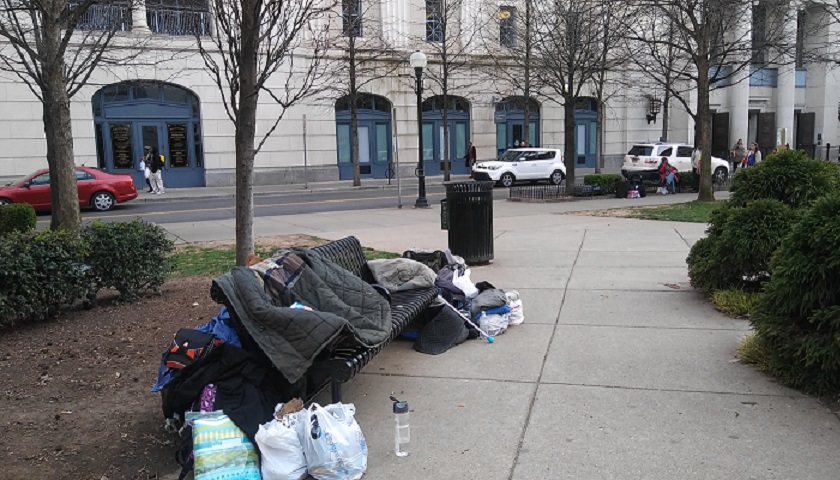
While homeless rates have been falling nationwide, Nashville’s is growing, according to “The U.S. Conference of Mayors’ Report on Hunger and Homelessness,” released this past December. The study included 32 cities in 24 states in the analysis.
Nashville’s total homeless population increased by nearly 6 percent from 2009 to 2016 and by nearly 10 percent in a one-year period from 2015 to 2016, according to the report. During that same one-year period, those described as chronically homeless increased by more than 47 percent. The report defines chronically homeless as “people who have a disability – including serious mental illness, chronic substance use disorders, or chronic medical issues – and who are homeless repeatedly for long periods of time.”
Church Street Park across from the downtown library is a place where the homeless frequently gather. It’s not uncommon to see sleeping bags, knapsacks and other belongings covering the benches. The homeless are also a growing presence on nearby streets and in other neighborhoods around town.
Earlier this month, a young man considered by police to be homeless was arrested and charged in the stabbing death of a young nurse in her Wedgewood Park apartment. The attack drew attention to concerns about transients in the area.
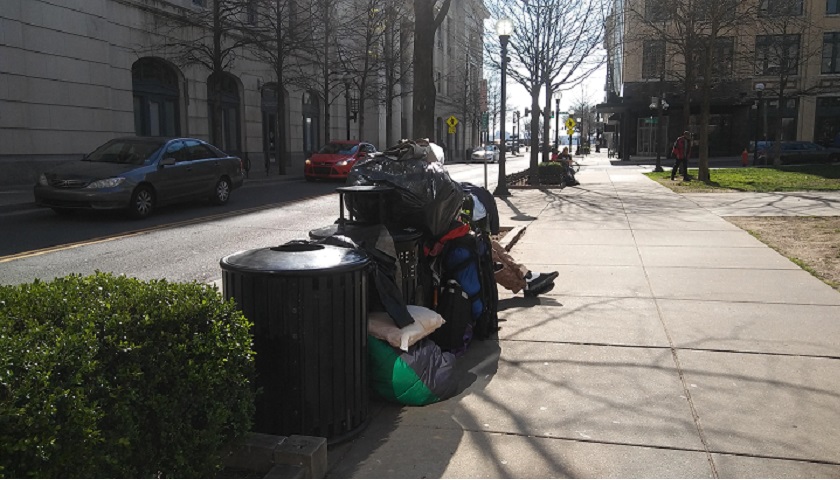
As libraries continue to become more open, some have found they’ve opened themselves up to greater challenges than they anticipated. An Associated Press news story in September 2016 told how the body of a homeless man was found in a restroom at a suburban Chicago library after possibly having been there for days. “The empty syringe and lighter in his pockets and the cut soda can in the trash pointed to the case, an accidental heroin overdose,” the story said. The article also told of how a librarian in Eureka, California, saved a man by injecting him with an overdose antidote that health officials had given the library to keep on hand. Years earlier, the librarian had given a presentation at a conference on librarians acting as first responders. “She was talking about how libraries increasingly provide non-traditional services, such as job-search help and de facto daytime sheltering for the homeless; she hadn’t figured on overdose rescue becoming part of the job,” the news story said.
The Nashville Public Library has said little publicly about challenges it faces in reaching out to a population known for including some people with serious problems. Instead, the library focuses on the success stories attributed to the work of the library’s Homelessness Advisory Council. Those stories include a patron who found new housing, another who thanked the library after receiving help with food stamps and other services, and other patrons who have received suicide prevention help.
But Phillips, the writer of the Nashville Scene article, said it shouldn’t be the library’s job to provide for these types of needs.
“I’m a liberal softy,” she wrote. “I’d be perfectly happy if the city put my tax dollars toward building a big open, temperature controlled place where people could wash themselves and their clothes and hang out and be relatively safe. But make it a building designed for that, that can withstand the wear and tear of that kind of use. The library is not it.”
“It seems like this shouldn’t be a controversial thing to say,” she continued, “but if your use of the library makes it so other people can’t use the library, you shouldn’t get to use the library.”

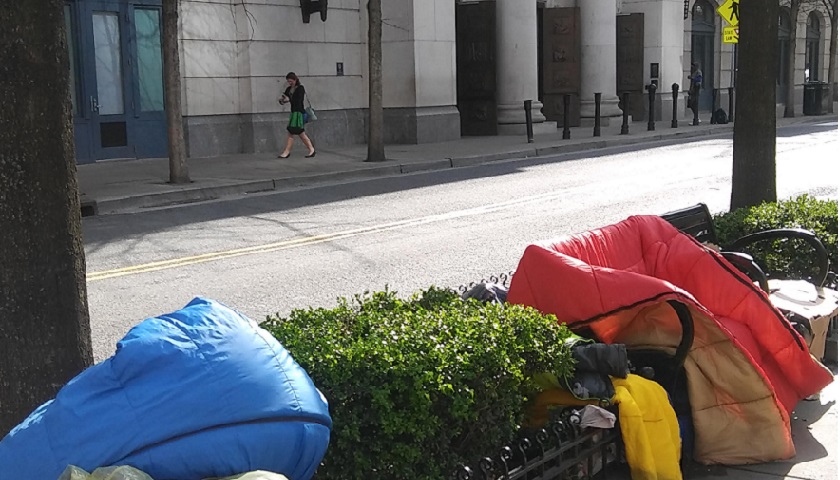
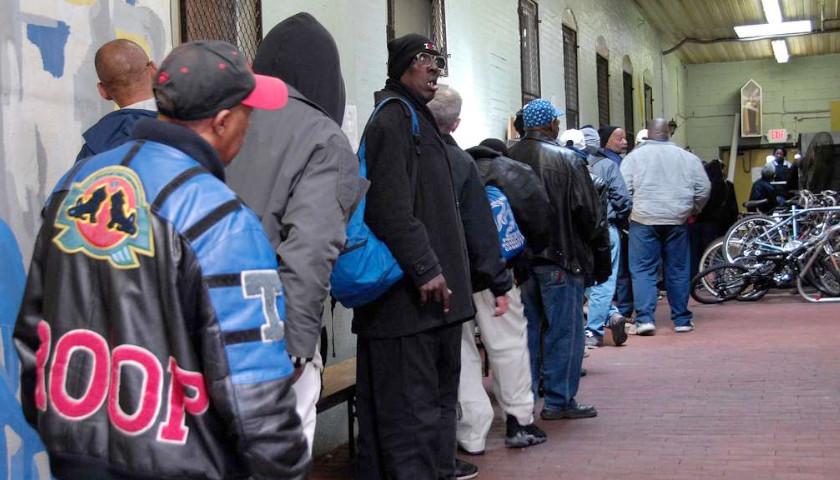
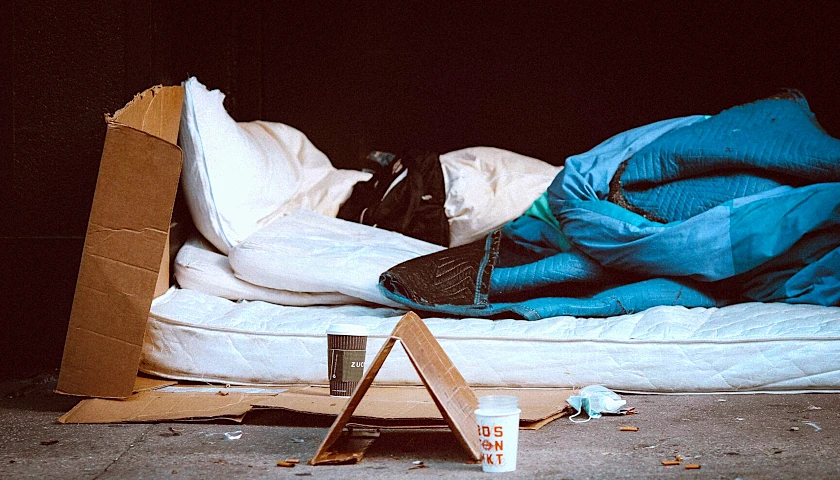

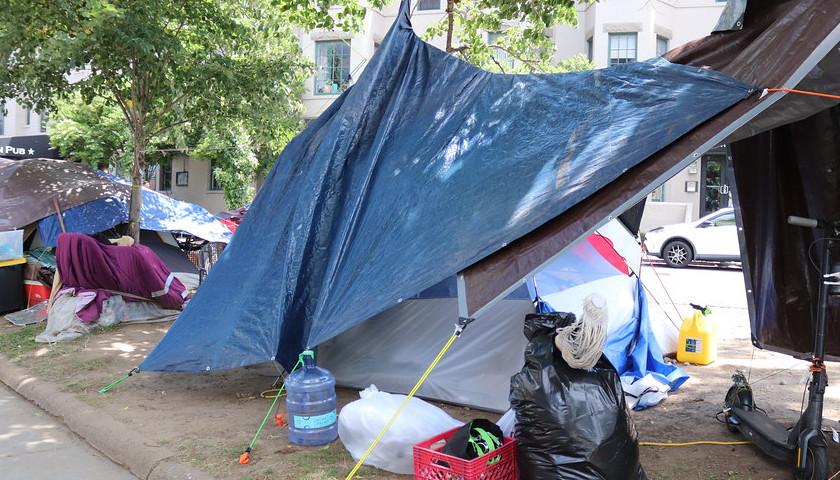
Thanks Wendy for writing this article. After not having been to the Nashville Public Library since early last fall, I was amazed at how many homeless people I encountered. Then I walked out to Church Street and saw that they had taken over the park across the street. This is a problem and the City fathers (and mothers) don’t seem to want to address it since it is obvious the police are moving them along like they used to do. I would be ashamed to bring an out-of-town visitor to this beautiful building and certainly wouldn’t want them to see the sight across the street where there are no seats left for some to sit and have a quiet moment of reflection without stumbling over bags and sleeping bags that take up the whole bench. Nashvillians need to find a way of handlng the homeless population and keeping the city clean and safe.